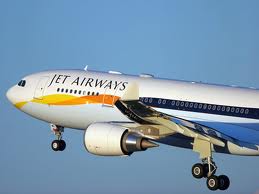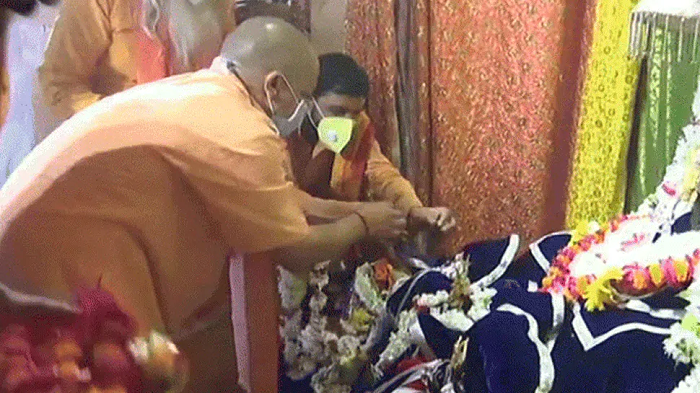
New Delhi, April 15: The Directorate General of Civil Aviation (DGCA) has suspended a Jet Airways pilot for a goofed-up landing at Singapore airport in November last year that could have resulted in a disaster similar to the Mangalore air crash of 2010.
The incident occurred on November 14, 2011, when the pilot, captain R Chaudhary, of the Delhi-Singapore flight was bringing down the aircraft on the Singapore runway during rush hour despite his not having lan-ding clearance.
The aircraft, Airbus-330, with over 200 passengers on board had to go-around just 70 feet over the runway throwing Changi International Airport authority into a major tizzy.
An initial probe revealed the pilot claimed that the "go-around" was done as he was feeling uncomfortable and led to the revelation that there was no landing clearance.
The incident shocked DGCA which took over the investigation last month. The DGCA has also sought help from the Changi International Airport Authority (CIAA) to get more technical evidence required for a through investigation of the incident.
The probe has also pointed to an "unstable approach" during landing which is deemed unsafe. Captain Chaudhury is also a check pilot and the DGCA has cancelled his certification. It may be recalled the investigation report into the Mangalore crash concluded that the pilot carried on with an "unstable approach" or imprudent approach, even ignoring his co-pilot's pleas, and this led to the crash. Shockingly it has also come to light that the pilot failed to inform the airline about the incident. It was during mid-November routine technical checks in India that Jet Airways came to know about his aborted landing. He underwent minor training and kept flying till DGCA issued orders to suspend him recently.
Sources also said the pilot deliberately did not inform the airline as this gave him a chance to ensure the CVR recording doesn't have records of his conversation during the faulty landing on the fateful day. In CVR the recording is automatically erased after every two hours of fresh flying.
In absence of CVR, DGCA, wrote to CIAA last week. "The investigation will depend on the conversations between pilot and the control tower that took place at the time of incident which will help in unraveling the sequence of event. The report Singapore airport is still awaited," said a senior DGCA official.
The last minute go-around from the low height is dangerous and could result in disaster. In aviation parlance the decision height is the critical level at which the pilot has to take the final call on whether to land or seek another turn. In the case of the Jet Airways flight, the aircraft had passed the decision height and was just 70 feet above the runway.






Comments
Add new comment